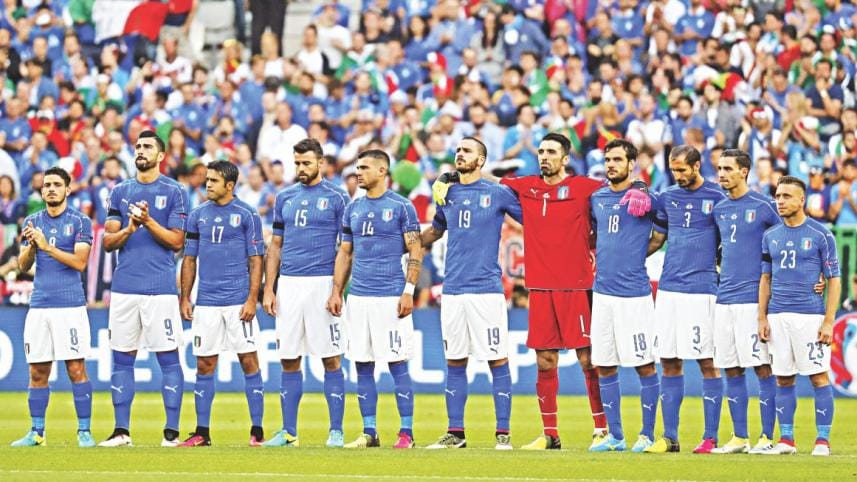Siege hogs world headlines

Friday's hostage carnage at a Gulshan cafe in the capital received extensive media coverage worldwide. From Japan in the Far East to the US in the west -- all the major electronic media houses and news networks issued and aired continuous updates on the standoff.
CNN provided nonstop coverage since Friday night by airing footage from different Bangladeshi TV channels, phone and Skype interviews of people living near the eatery and comments from security analysts and former US ambassadors to Bangladesh.
The incident received special treatment from news agencies such as Reuters and Associated Press as well as from various news media organisations -- BBC, Aljazeera, Rai News of Italy, The New York Times, Japanese national daily The Mainichi, The Japan Times, The Times of India, Pakistani daily The Dawn and The Strait Times of Singapore.
The news of the Dhaka terror siege was posted under “top story” category on home pages of many websites of the international media including Russian television network RT, The Washington Post, The Guardian and The Los Angeles Times.
BBC's South Asia News Analyst Anbarasan Ethirajan wrote, “The timing, the target and the message of the daring attack on the Holey Artisan Bakery in Dhaka was loud and clear.” He also observed that even a highly secured diplomatic zone such as Gulshan is not safe from terror onslaughts.
Most analysts were critical of the government's failure to stop targeted killings of secular bloggers, free-thinkers and members of religious minorities and its denial on the issue of the local militants' ties with international terror organisations, especially with ISIS and Al-Qaeda.
One of the stories under “Editor's Pick” on The Mainichi carried the heading “Extremism triggered by local political unrest may be behind Dhaka hostage-taking.”
The Guardian carried an analysis headlined “The Bangladesh attack is the predictable result of unchecked violence” by Jason Burke, the Africa correspondent of the The Guardian, who writes extensively on Islamic extremism.
Burke wrote, “Western intelligence have been nervous about a major operation [by terrorists] in Bangladesh for at least 18 months.” Despite the prevailing situation, the ruling party, instead of cracking down on the hardline groups, “looked to extract political advantage from the situation” by blaming the opposition or by denying the link of the militants with ISIS or Al-Qaeda.
Qatari daily The Peninsula in its editorial wrote, “It's certain that the perpetrators have a bigger agenda than eliminating atheists and secularists from the country. The motive could be political -- an attempt to destabilise the government.”
“The attack at the diplomatic quarter in Dhaka sends a powerful message which the government can ignore only at its own peril,” it added.



 For all latest news, follow The Daily Star's Google News channel.
For all latest news, follow The Daily Star's Google News channel.
Comments